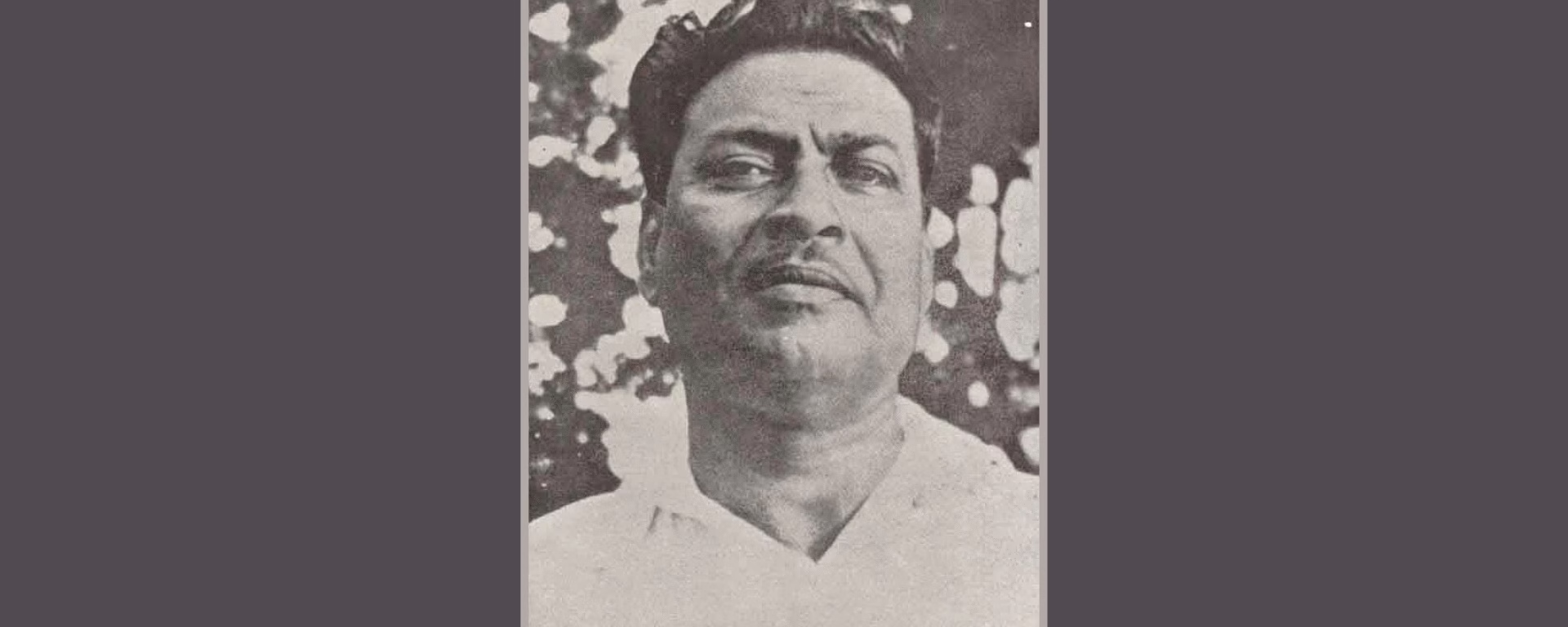On the death anniversary of Bibhutibhushan Bandyopadhyay, I want to share an interesting observation. Some scenes in Doctor Strange’s reality-bending sequences resemble scenes from one of Bibhutibhushan’s novels.
It may sound surprising, but in the 2016 Doctor Strange movie, we see Strange frequently stepping through realities, moving into one alternate reality after another. In Bibhutibhushan’s 1940 novel Drishti Pradeep, the protagonist Jitu undergoes a similar experience.
He often sees his surroundings changing and gradually observes the birth of another reality. The way Bibhutibhushan describes Jitu’s shifting reality bears a strong resemblance to the cinematic depiction of reality-bending in Doctor Strange.
I am not suggesting (laughably) that the directors of Doctor Strange or the creator of the comics read Drishti Pradeep and based their story on it. My point is to show the level of visionary imagination a person like Bibhutibhushan possessed to think of such concepts in the 1940s.
Bibhutibhushan’s Aparajito is probably the best novel I have ever read in my life. And I am not just saying this from a perspective of Bengali literature. Compared to characters in novels by Marquez, Steinbeck, Murakami, Camus, or Tolstoy, I would place Apu from Aparajito ahead of them.
This is not a literary analysis; it is purely a personal expression of admiration. I finished reading Aparajito in just 2–3 days.
What a colossal novel. What a vast narrative. Those who have seen Satyajit Ray’s films Aparajito or Apur Sansar, but not read the novel, should know that the films cover only about 8–10% of the book.
The rest was cut by Ray, which is understandable. To depict every event from the novel on screen would have required a 15–20 hour movie, which was practically impossible in the small 1956 West Bengal film industry.
In the novel, however, Bibhutibhushan did not need to worry about such practical limitations. He took Apu to multiple locations and introduced him to countless characters.
In Pathar Panchali, young Apu had family around to support him, but in Aparajito, Apu is largely on his own. People come and go in his life, and we see his thoughts evolve beautifully through Bibhutibhushan’s writing. This evolution of Apu’s mind is one of the reasons why Aparajito is my favorite novel.
No matter how harsh reality becomes, Apu never loses his imaginative spirit. Born into a poor Bengali family, he dreams of traveling the world. Even as a child, he imagined managing a ship to retrieve hidden treasure from pirates lost at sea.
Today, it may seem easy to think like a child, but in early 1900s Bengal, for a boy born into extreme poverty, such imagination was extraordinary. No other writer of Bibhutibhushan’s era could create such a visionary character. Despite facing extreme financial hardship, Apu’s mind never becomes narrow.
Through Aparajito, Bibhutibhushan also criticizes the flaws of the social system of the time, despite being born into a Brahmin family.
Reading Aparajito in 2024, one cannot feel that it was written in 1936. It still feels contemporary. How many Bengali novels can you read a hundred years later and feel the same way? Not only Aparajito, but all of Bibhutibhushan’s novels were written far ahead of their time.

